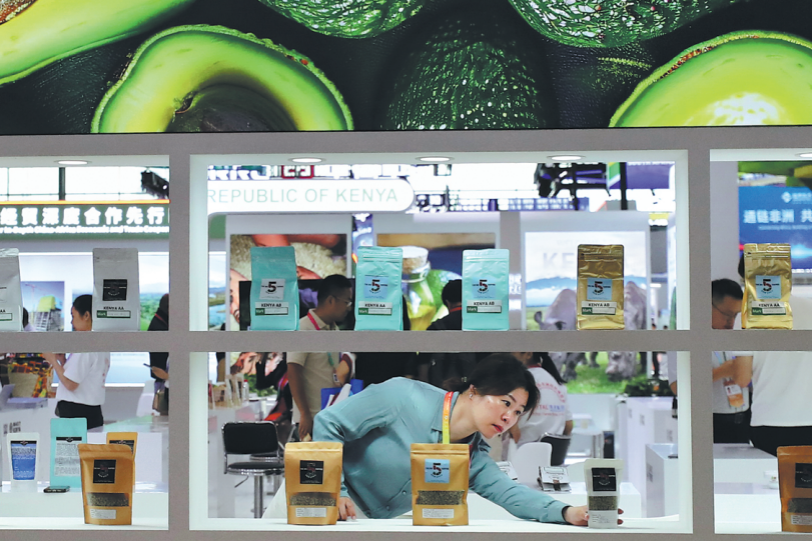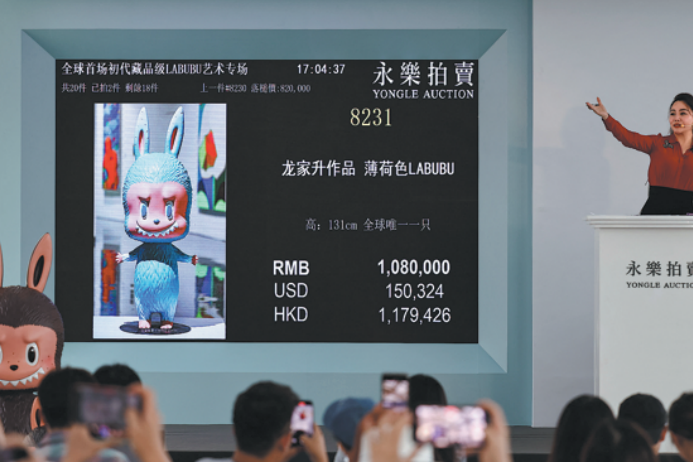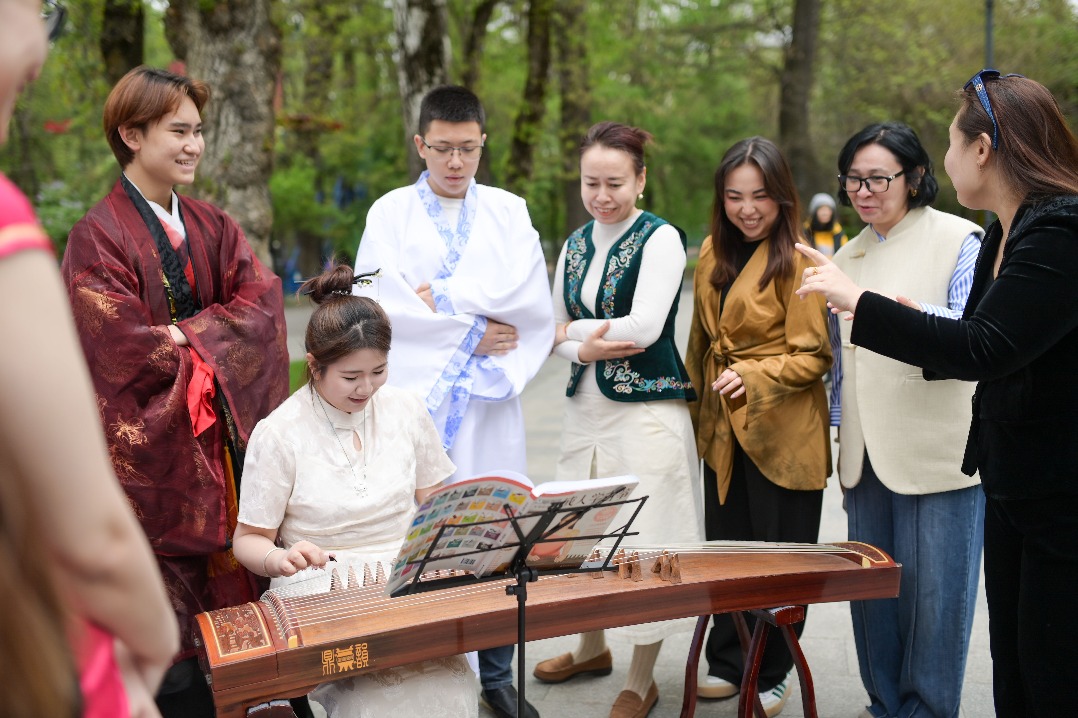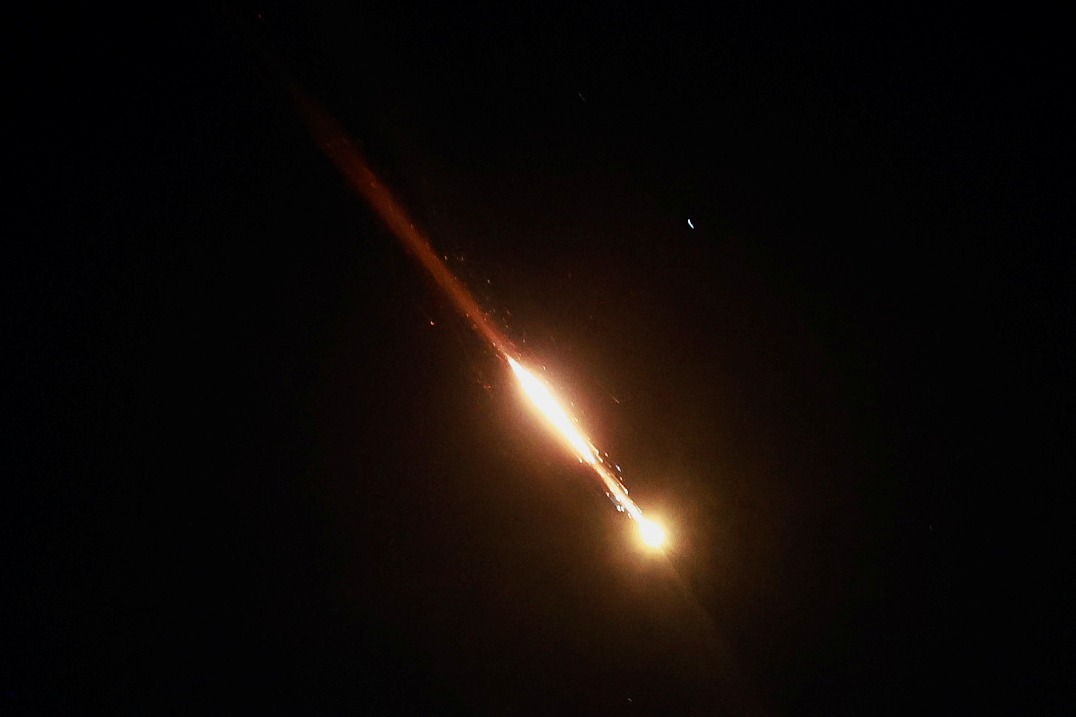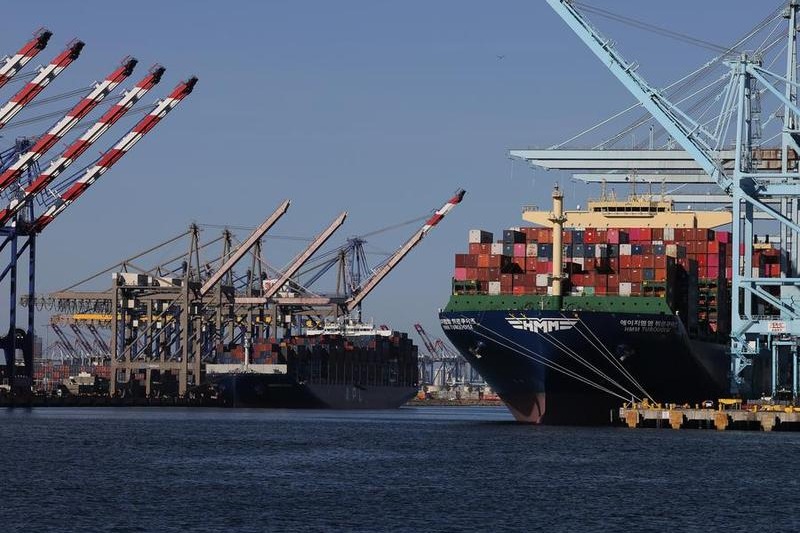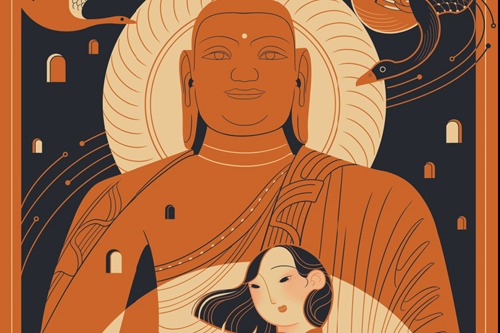Lai throttling democracy, freedom in Taiwan

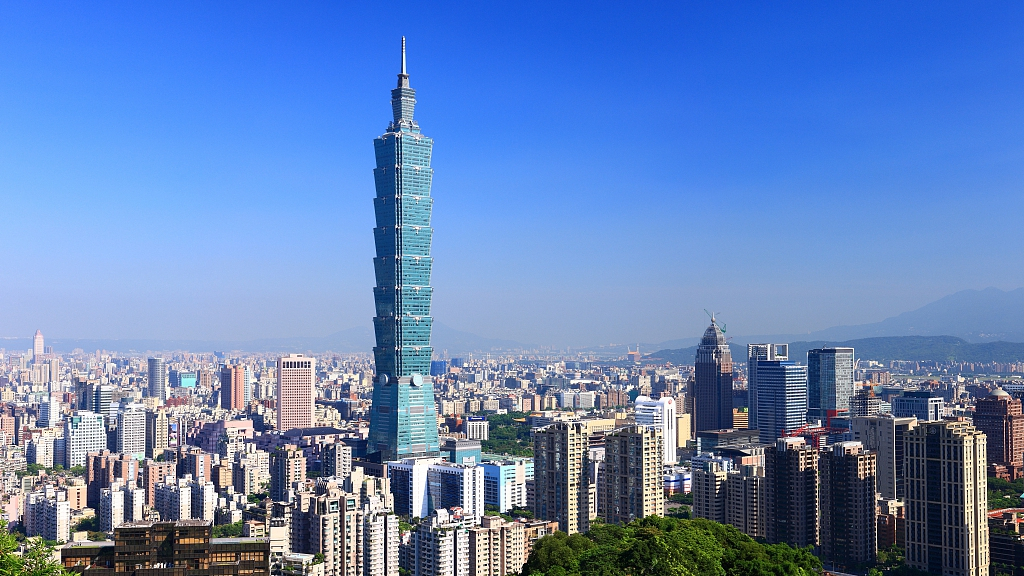
Taiwan leader Lai Ching-te has adopted a hostile attitude toward the Chinese mainland in a bid to advance the "Taiwan independence" agenda, and has been taking various measures that have undermined the stability across the Taiwan Strait, going further down the path of separatism.
One of his main tactics has been to magnify the political differences between the two sides of the Strait. By hyping up the "democracy vs authoritarianism" narrative, Lai has been trying to deceive Taiwan residents and mislead international public opinion, and by raising cross-Strait tensions, Lai is trying to promote his "Taiwan independence" agenda.
Lai's perilous gambit disregards the safety of the 23 million Taiwan compatriots and has become the most significant factor destabilizing the situation across the Strait.
The fact that he could garner only 40 percent of the votes in the January 2024 election, and his party, the Democratic Progressive Party, lost its majority in the island's new legislature shows the vast majority of Taiwan residents are cognizant of Lai's nature as the "golden grandson of Taiwan independence" and disagree with his and the DPP's cross-Strait policies, because they know these policies will worsen cross-Strait relations and even push Taiwan to the brink of cross-Strait conflict.
If Lai really believes in "democracy and freedom", as he claims, he should have respected the public opinion on the island and taken measures to improve cross-Strait relations. Instead, Lai has intensified his moves to sabotage cross-Strait relations while rejecting the mainland's repeated goodwill gestures.
To advance "Taiwan independence", he and his fellow separatists want to see tensions, instead of stability and development, across the Strait. Lai has also been exaggerating the political differences between the two sides of the Strait, manipulating facts, spreading the "democracy vs authoritarianism" narrative, smearing the mainland's political system, and trying to provoke confrontation with the mainland, by implementing laws and measures targeted against Beijing.
By falsely claiming to safeguard "democracy and freedom", Lai is seeking "Taiwan independence" with the support of foreign forces, despite knowing full well that neither he nor the DPP can achieve it.
The Taiwan separatists see in the ongoing strategic rivalry between Beijing and Washington a rare "opportunity" to seek "Taiwan independence". As a result, Lai and the DPP have been repeating that Taiwan is "a player, not a pawn" in the major-country competition. By so doing, they are promoting the "democracy vs authoritarianism" narrative Washington has spread to define its competition with Beijing.
But in reality, Lai and the DPP have been throttling democracy and freedom by suppressing opposition parties such as Kuomintang and the Taiwan People's Party.
The Lai authorities have boasted about sharing their values with the United States and other countries that champion "democracy and freedom". To highlight the island's strategic importance, they even claim that "Taiwan is at the forefront of the fight against authoritarian expansion". The Lai authorities are trying to strengthen relations with the US by expeditiously relocating the production units of the island's leading companies, notably the Taiwan Semiconductor Manufacturing Company, to the US, thus compromising Taiwan's core interests, sabotaging its future, and inciting confrontation with the mainland.
Lai should realize that he is playing with fire and his "Taiwan independence" agenda is doomed to failure. Through his moves, he is betraying the Chinese nation, and trying to split the country. He has resorted to every conceivable means to sabotage cross-Strait relations.
With his moves becoming increasingly dangerous, people in Taiwan and elsewhere now have a clearer understanding of Lai and the DPP. Before Lai neared one year in office in May, United Daily News, a widely read newspaper in Taiwan, published a public opinion survey. About 53 percent of the respondents said they were dissatisfied with Lai's governance, 43 percent said they felt Taiwan faced more dangers under Lai, and 52 percent said Taiwan society was more divided today.
Clearly, Lai is not as popular and Taiwan residents are not as happy with his government as he claims. It's time Lai stopped playing dangerous games which could lead to disastrous consequences, and realized that Taiwan's reunification with the motherland is inevitable.
The author is a research professor at the China Institutes of Contemporary International Relations.
The views don't necessarily reflect those of China Daily.
If you have a specific expertise, or would like to share your thought about our stories, then send us your writings at opinion@chinadaily.com.cn, and comment@chinadaily.com.cn.
















